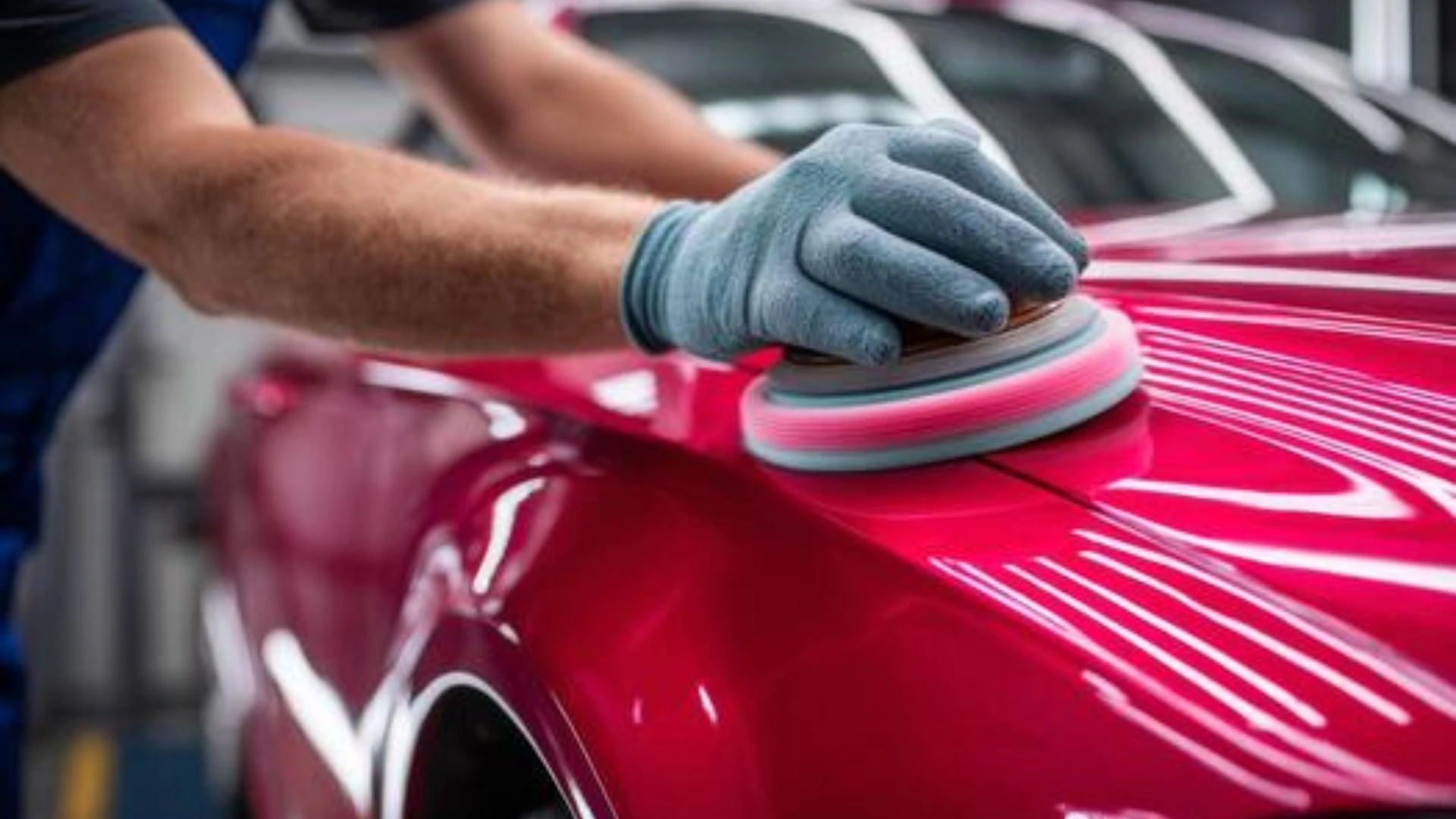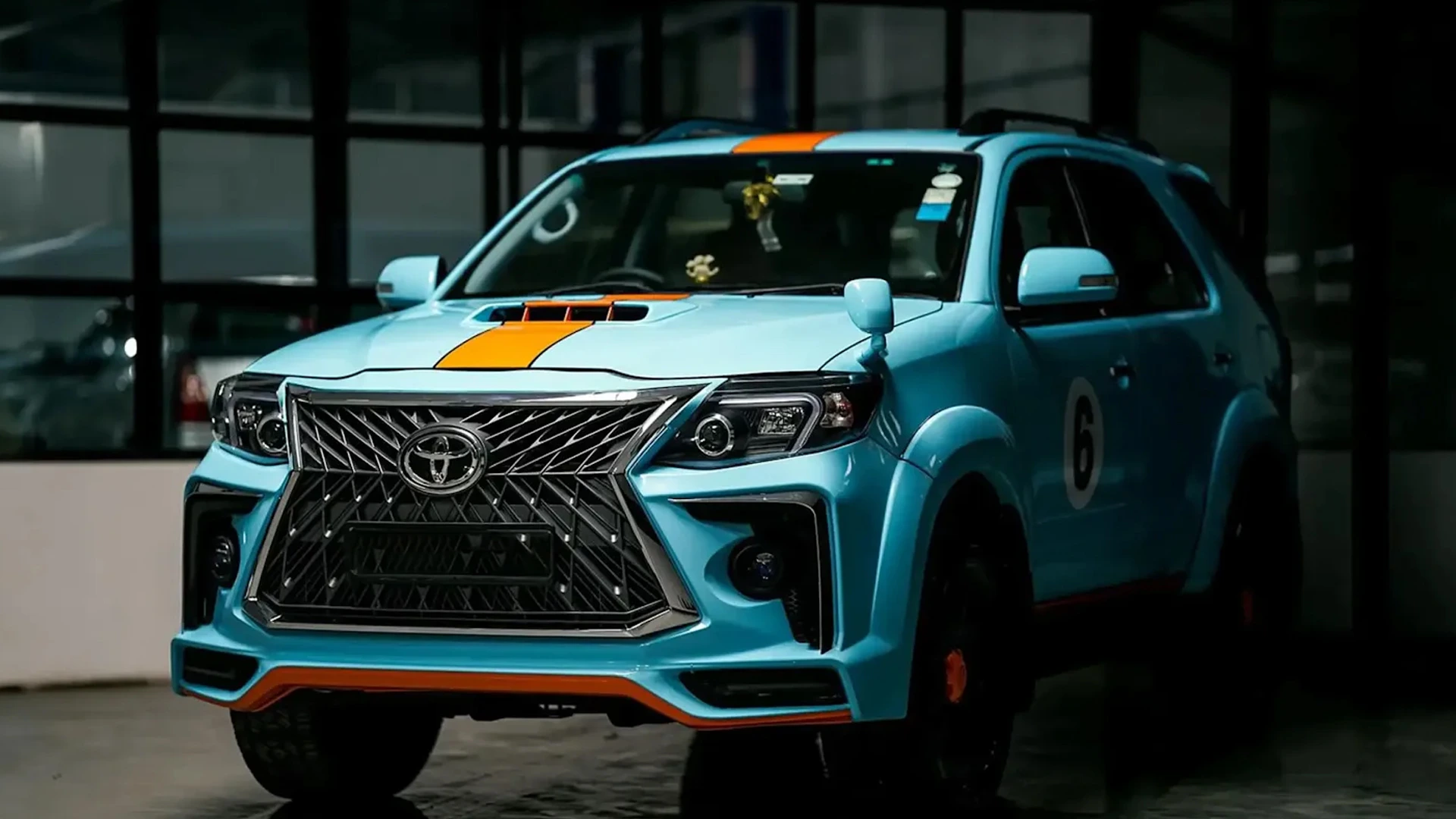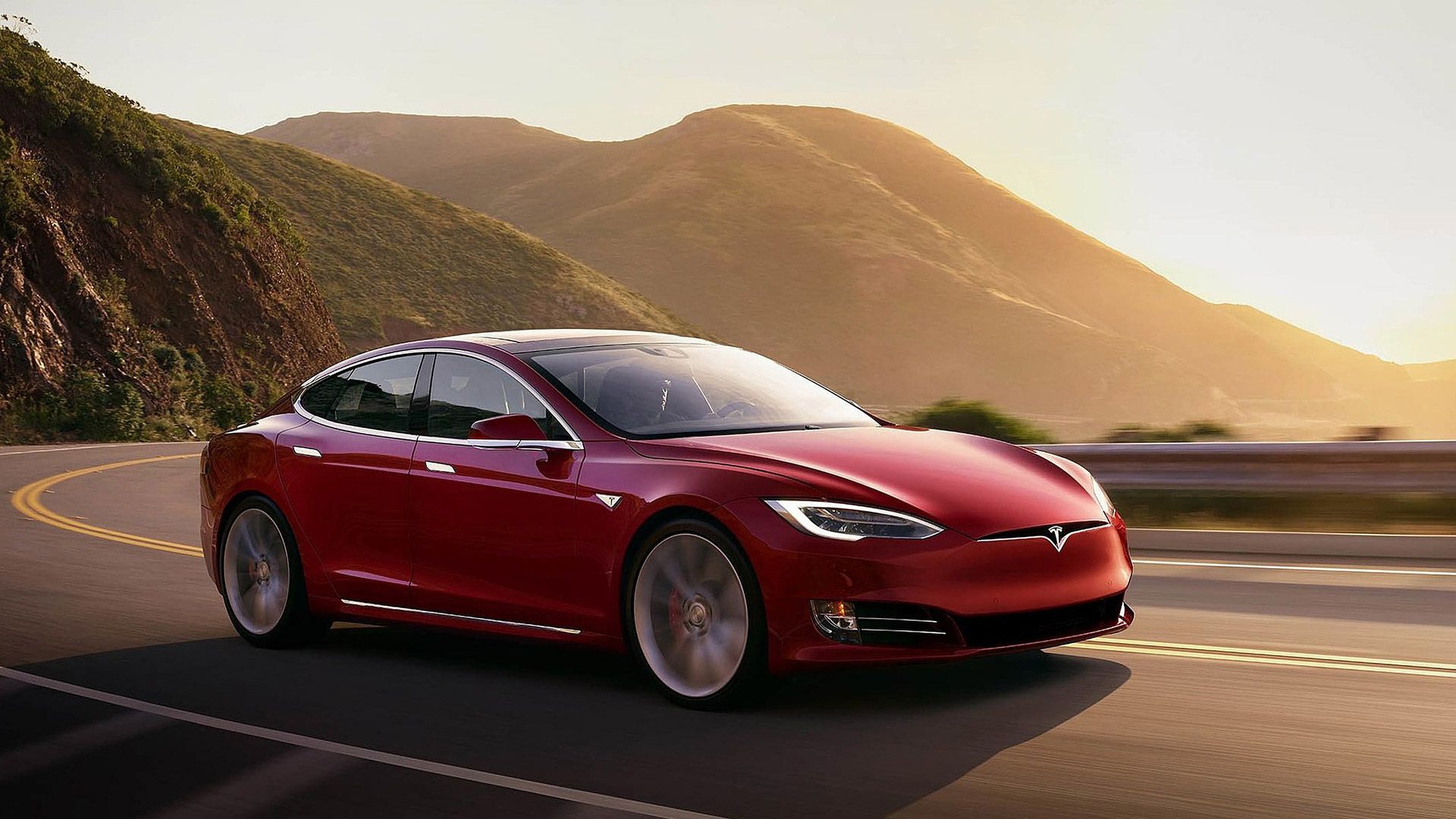
Table of Content
▼
The last decade of human history has witnessed a remarkable push towards sustainable growth and a strong push back against environmental pollution on all fronts. This has led to the recent adoption of electric vehicles (EV) as the cornerstone of the next generation of transportation for human society. However, like all new technologies, it is important to clear doubts and answer common questions before jumping to conclusions. Here we discuss and debunk five of the most common myths around electric vehicles.rnrn1. Electric cars are not cheaprnrnThis should not be surprising, as it marks the general curve that new technology follows. While the prices of most electric vehicles are high in today's luxury market, this is changing rapidly, especially in India where costs are being lowered through subsidies and electric vehicles are more easily accessible. Maintenance costs are also inexpensive because electric vehicles have fewer moving parts and more efficient, oil-free cooling systems.rnManufacturers also offer maintenance packages to enhance the electric vehicle ownership experience.rnrn 2. Electric cars take time to chargernrnOne of the most common concerns of people considering switching to electric cars is that while they will refuel their car within minutes, charging an electric car can take hours. This argument does not take into account the change in energy patterns caused by electric cars.rnElectric cars are often charged at night or every few nights, with a 240-volt main outlet, if you have a car park or garage. This indicates that you will avoid long lines at gas pumps or compressed natural gas stations. Likewise, driving over long distances will be much easier once the freight infrastructure on India's roads is developed. Today's superchargers can fully charge in 30 to 60 minutes; That's as long as lunch. Many companies are also considering installing charging stations in their parking spaces and are working hard to create a suitable infrastructure for electric cars.rnrn3. Batteries for electric cars are really expensive and need to be replaced frequentlyrnrnLithium-ion battery costs are falling dramatically and India is preparing to invest heavily in high-performance batteries.rnCurrently, electric vehicle batteries, for example, have a capacity of up to 90% after driving 2,41,000 km, which is more than what we see in the car's ear in a typical Indian home. For those who exceed that limit, electric car companies offer an eight-year battery warranty.rnrn4. Electric vehicles have low speedrnrnWhile this has been a standard assumption about most electric vehicles in the past, electric vehicle development has now reached a stage where we now have electric race cars. Electric vehicles deliver instantaneous torque much faster than conventional fossil fuel engines, resulting in quick acceleration. Even in consumer vehicles, today's electric vehicles can reach speeds of 96 km / h in 2.5 seconds. For example, the MG ZS EV can accelerate from 0 to 100 km / h in 8.5 seconds.rnrn5. Electric cars are not suitable for long-distance travelrnrnThe low rate of electric vehicle use is due to the myth that vehicle autonomy will not be sufficient to travel from city to city or simply out of town. However, the global line of modern electric vehicles with high capacity batteries ensure that vehicles have the ability to travel over 300 km.rnThe entry of global electric vehicle leaders into the market is expected to change the current market dynamics as they localize internationally proven electric vehicle offerings so that they can better meet the requirements of India's local consumer base. With increased pressure from the government on charging stations, the time will soon come when anyone can travel from Delhi to Chandigarh, with a number of charging stations available along the way.rnrnAlso Read: New electric cars in India 2021rnrnAlso Read: Upcoming electric bikes in India in 2021 – Autonexa
Aakash Mehra
Automotive Journalist & Car Reviewer. Aakash Mehra is a seasoned automotive journalist with over 9 years of experience in car journalism and consumer-focused reviews. Having test-driven more than 550+ vehicles, he delivers detailed comparisons, expert insights, and unbiased advice to help readers confidently choose the right car.
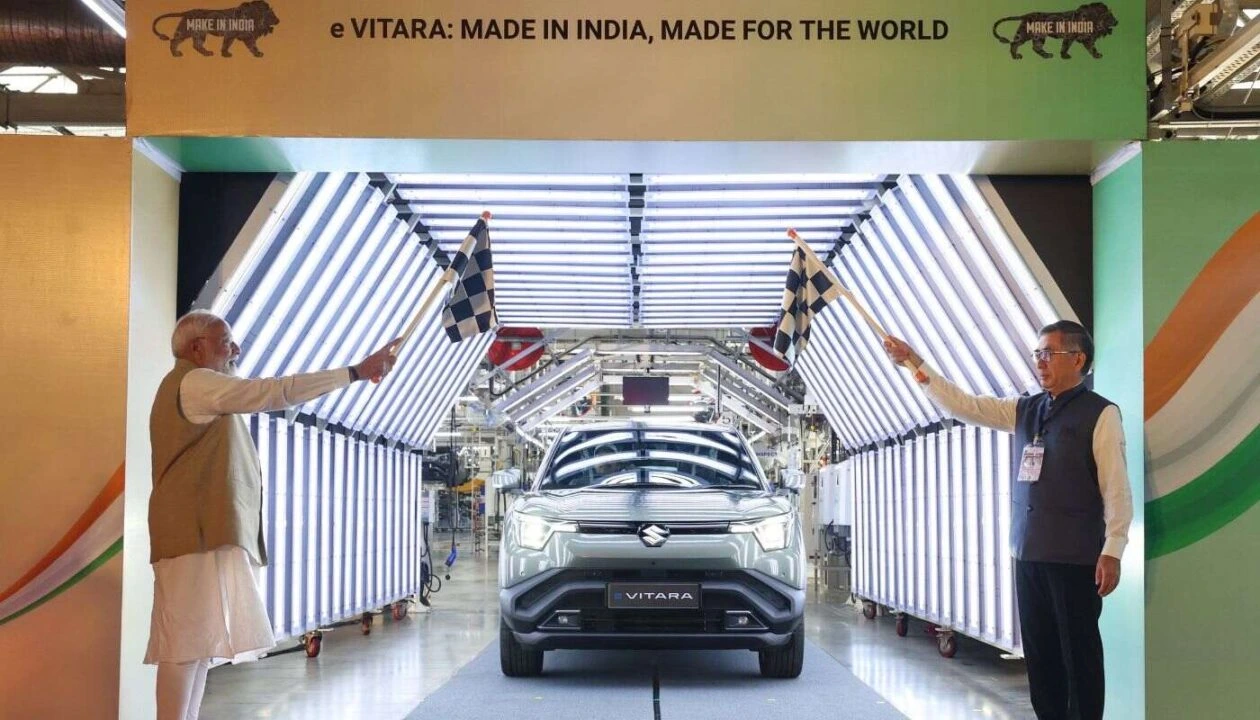
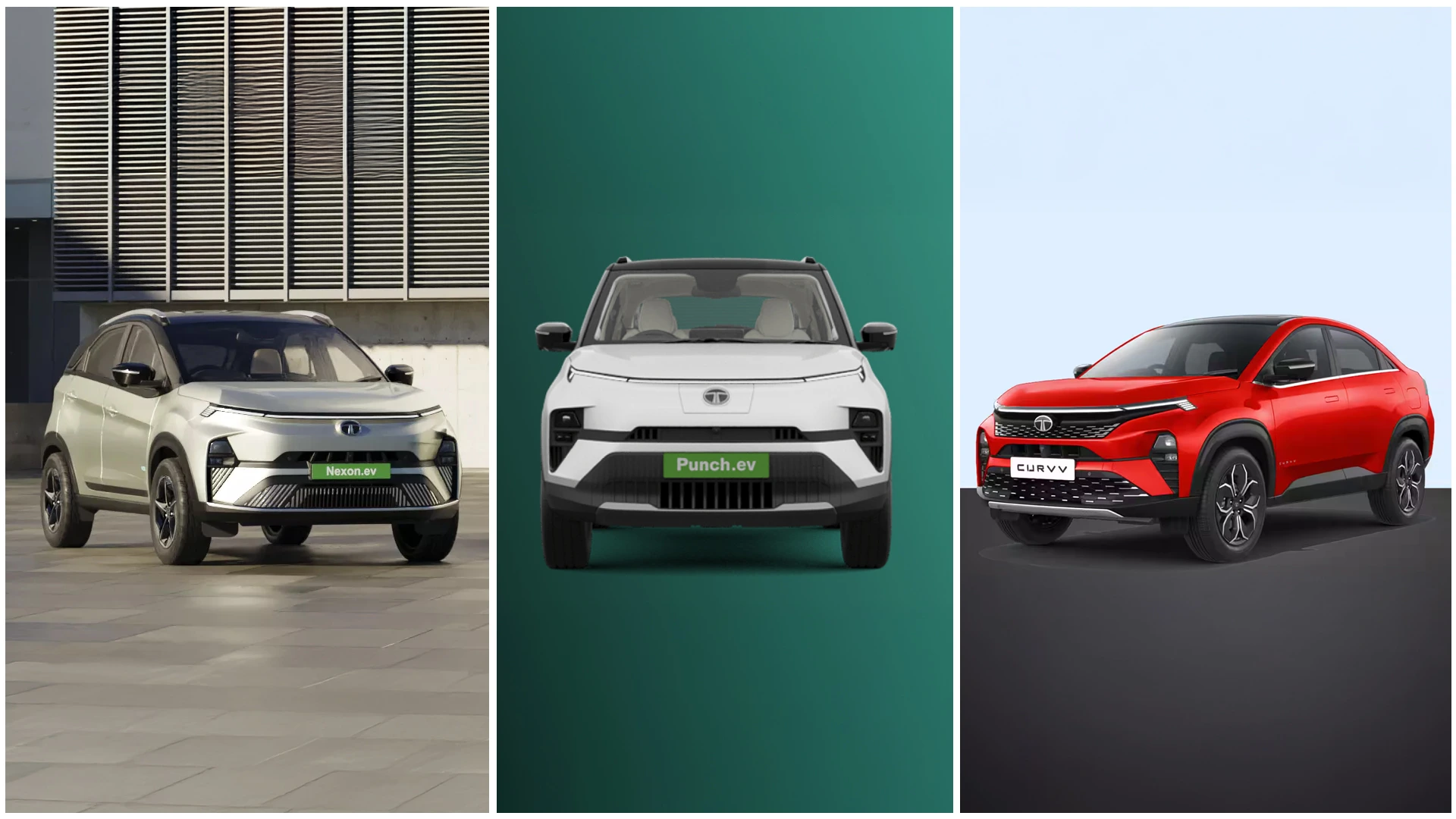
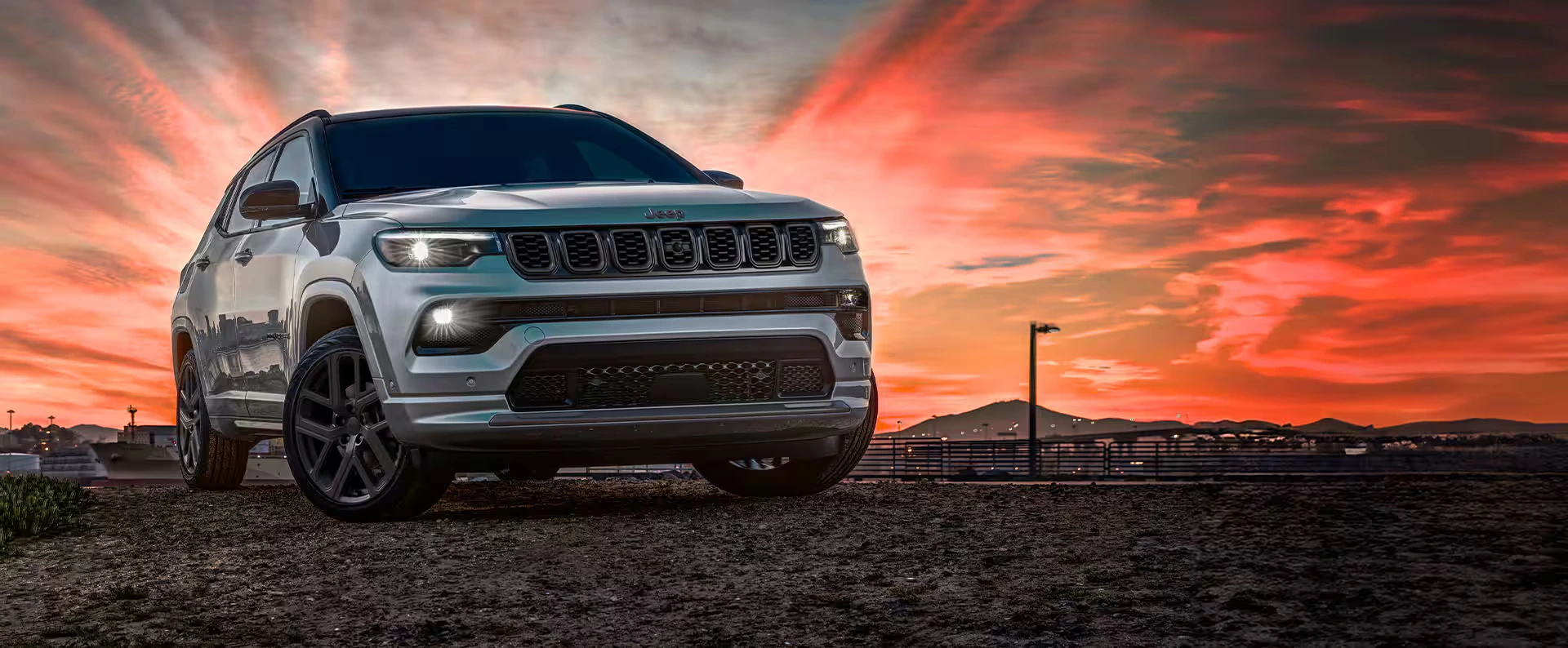
_1772693151.webp)
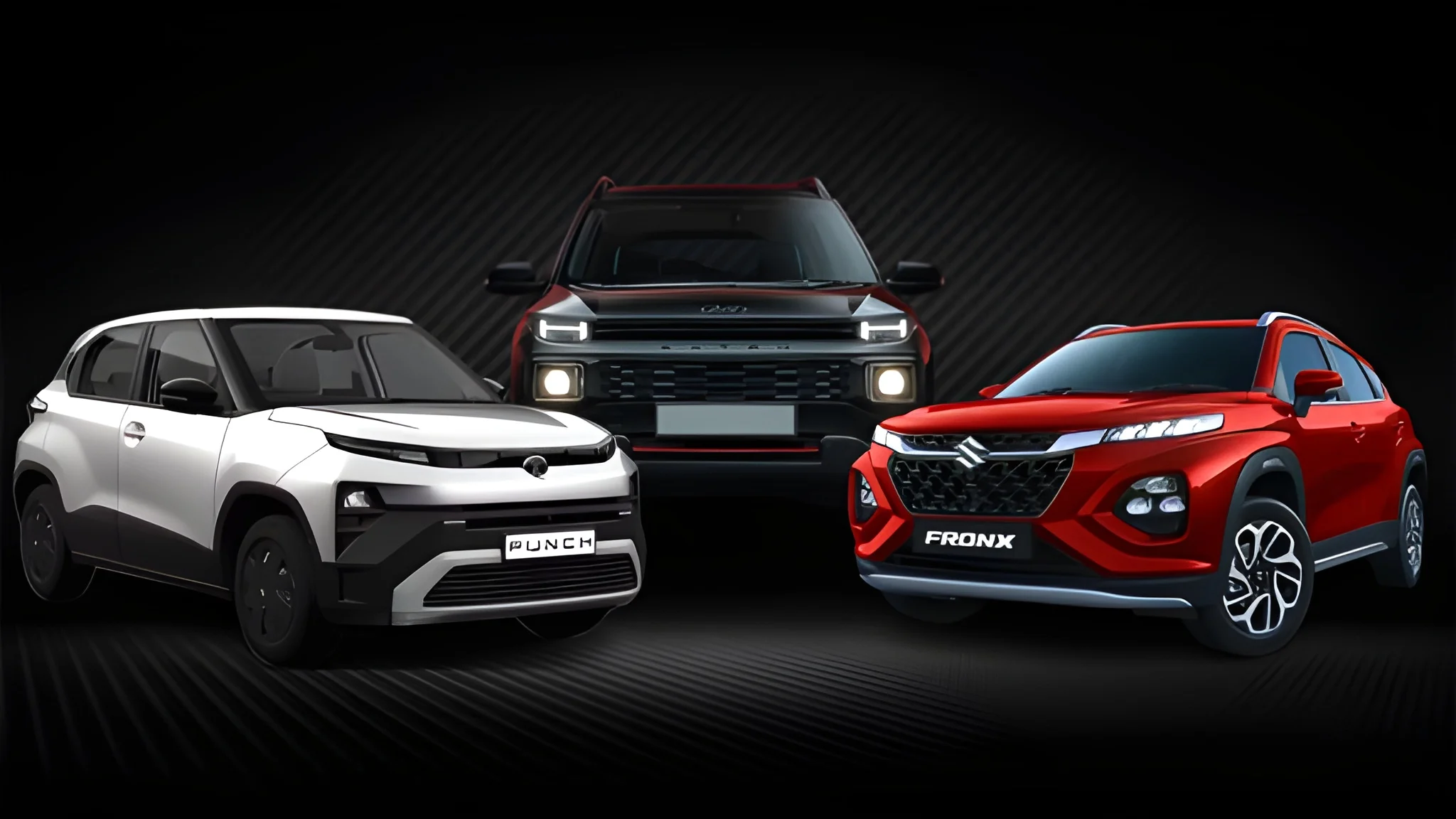
_1772690438.webp)
_1770807147.webp)
